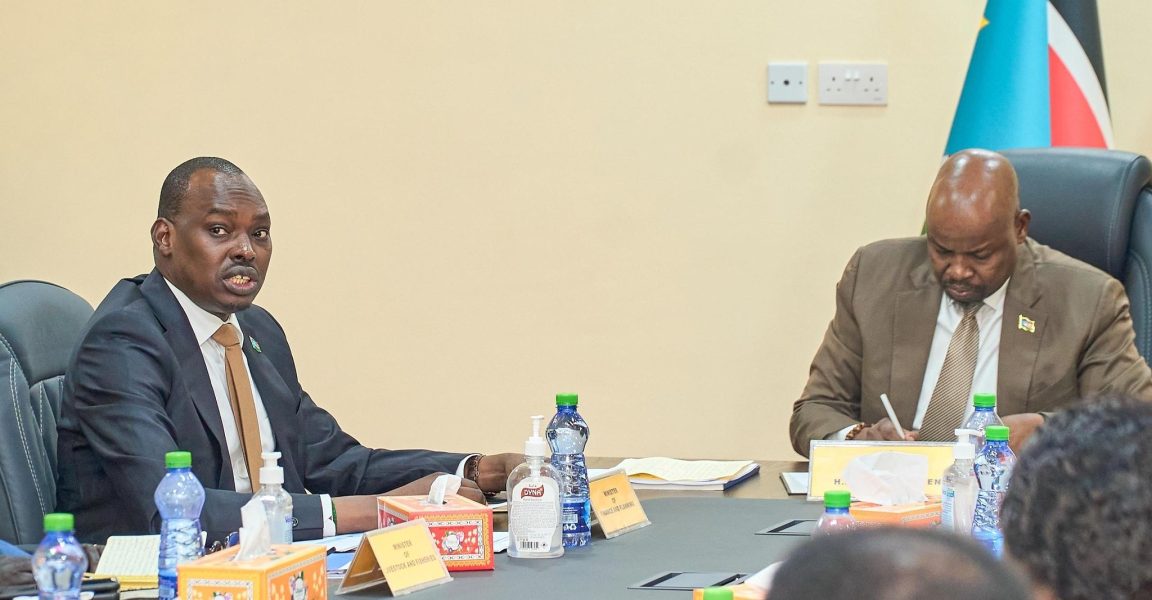
South Sudan’s economic cluster, Chaired by Vice President Dr. Benjamin Bol Mel has approved an allocation of SSP 62 billion towards agricultural activities in anticipation of upcoming rainy season.
This large financial commitment by the government is aimed at confronting the persistent threat of famine.
In a statement seen by The Standard Zone News, the decision was reached on Thursday during a meeting of the economic cluster, where the state of agriculture and national food security was a central point of discussion.
Lily Albino, Deputy Minister of Agriculture and Food Security, outlined that the approved funding would support “a 100-day farming activation exercise with an aim of boosting food production, revitalizing farming systems and laying the foundation for long term agricultural sustainability.”
“The government will continue empowering farmers, providing critical resources, and creating a conducive environment for the sustainable agricultural development,” she added.
In addition to the funding allocation, the economic clusters urged state governors and chief administrators to each designate 250,000 hectares of land for agricultural use.
Deputy Minister Lily Albino also revealed the formation of a special committee to organize a national Agricultural conference, with the goal of unlocking investment and promoting innovative solutions.
Despite South Sudan’s vast reserves of fertile, arable land ideal for farming, the country continues to face food shortages, a crisis attributed to ongoing conflict and the government’s past failure to prioritize agricultural production.
The country imports nearly all food items since gaining independence in 2011.
As of April 2025, over 7.1 million people face famine and food insecurity with conflict and climate change being major contributing factors, according to humanitarian agencies.
While this allocation of funds represents a shift in government priorities, its impact will be dependent on sustained implementation, given that past commitments have yielded no fruits.
Speaking during swearing in of Minister of Agriculture and Food Security, Hussein Abdelbagi, President Kiir issued a direct mandate to the minister to increase food production nationwide.
President Kiir further reiterated his government’s commitment to advancing agriculture as the primary means to achieve sustainable food production and drive the country’s economic recovery.
However, past pronouncements of commitment have often fallen short of tangible results.
Reacting to this, civil society activist Edmund Yakani urged President Kiir to implement his government’s pledges for agricultural development.
“We are appealing with due respect and honor for you to commission a National Agricultural conference at least before the agricultural season could start,” Yakani appealed last year.
“This should be taken serious by honorable ministers of agriculture at National and state level. And we should bring the actual farmers to define what they see as a requirement for making agricultural succeed in year 2025. It is essential.”

